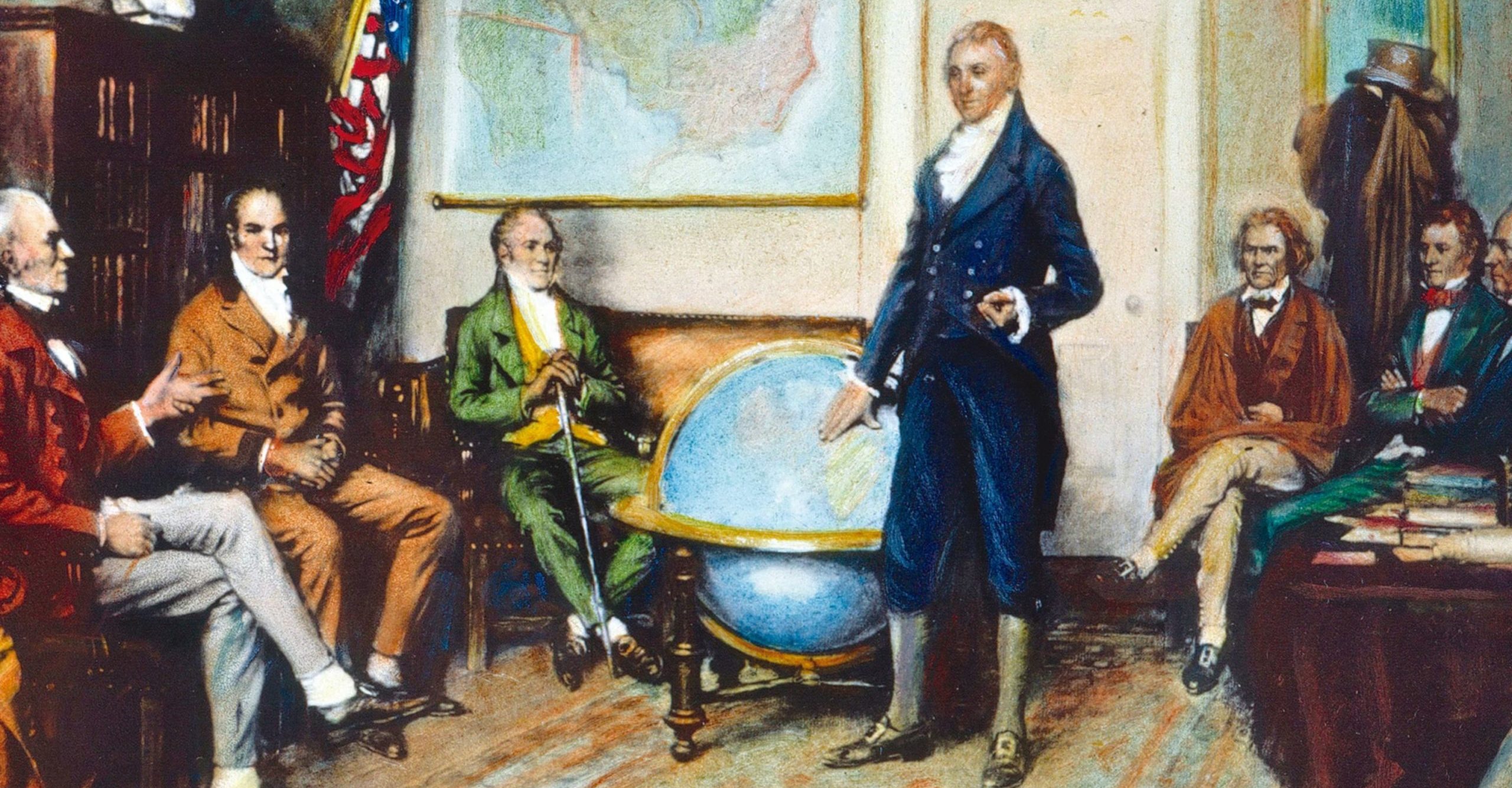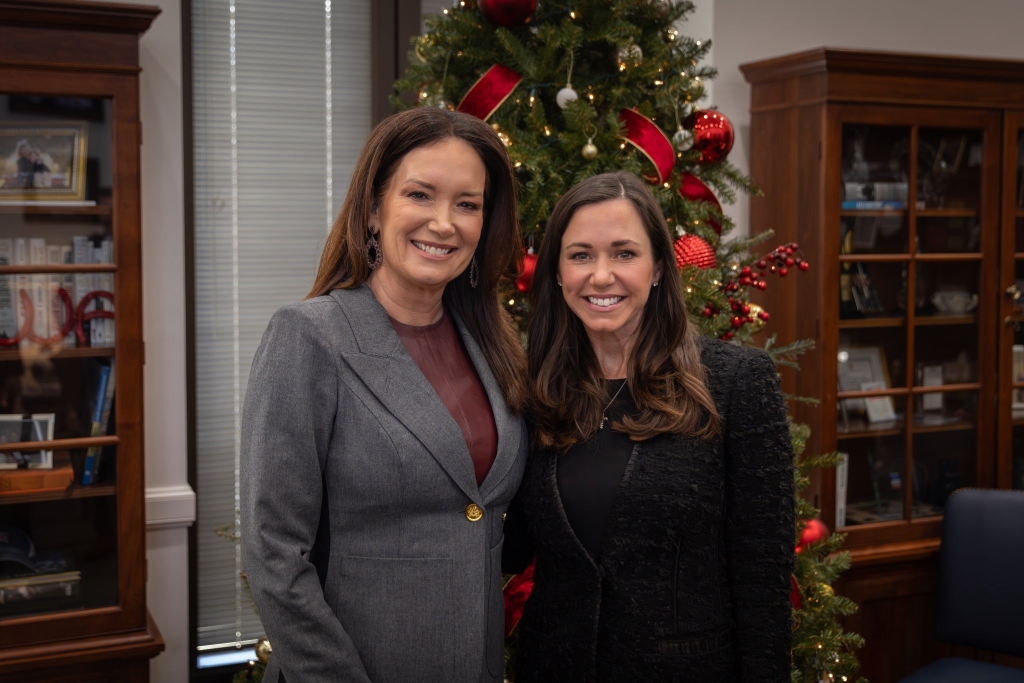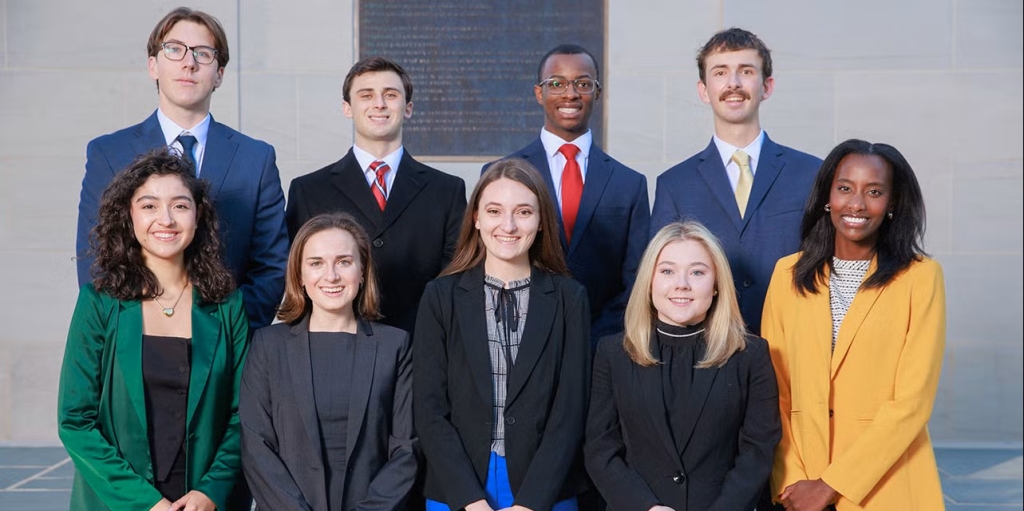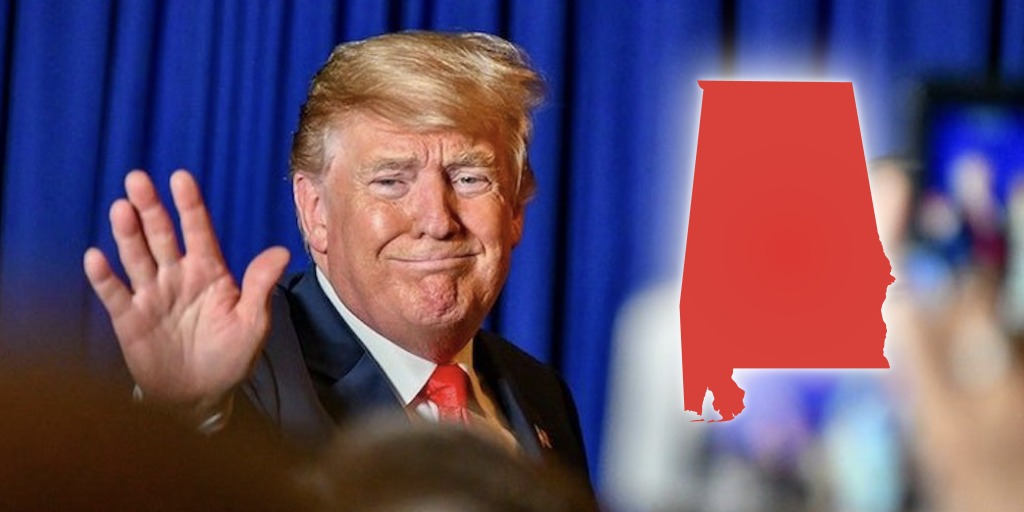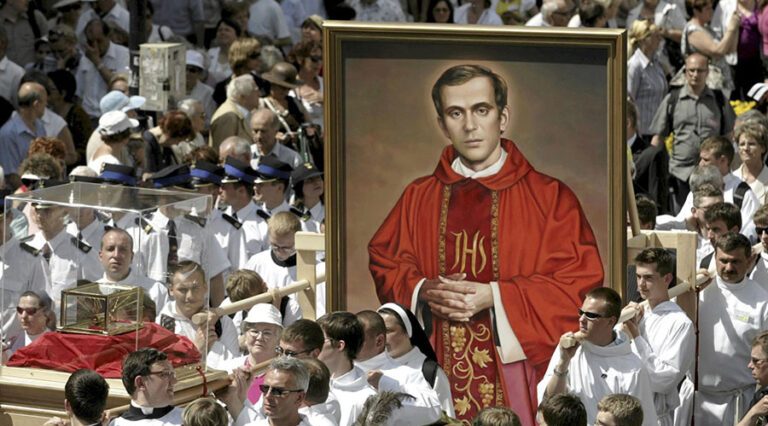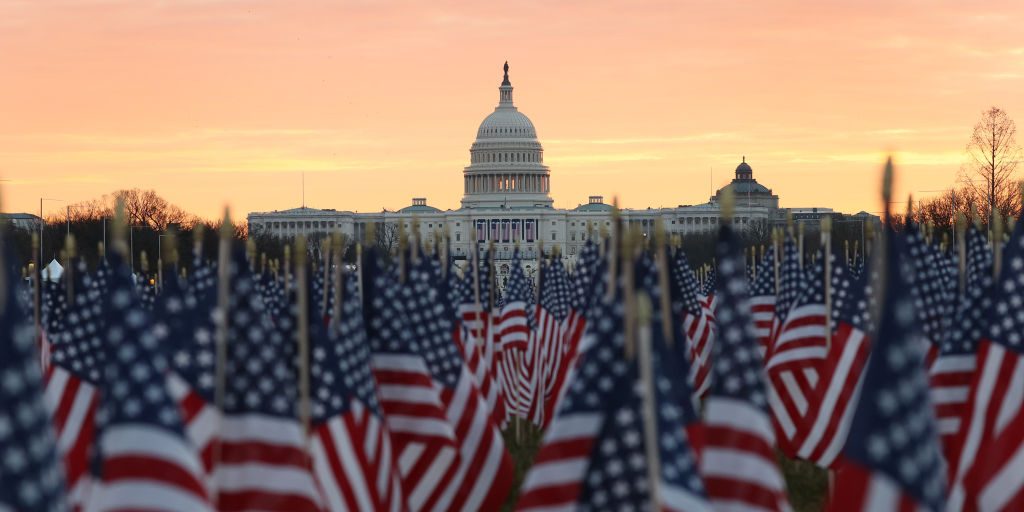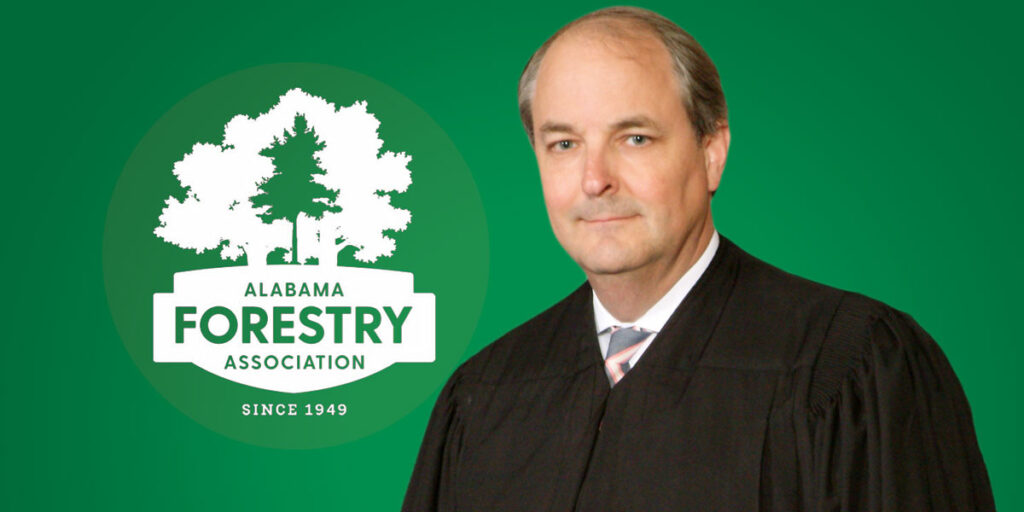We should be thankful as a nation that electing a president has matured.
Two hundred years ago, it seemed certain that Andrew Jackson would be the next President of the United States. Any casual observer would notice that he had won the popular vote and was on track to win the vote in the Electoral College.
But when the presidential electors met in December of 1824, what seemed so obvious was soon in doubt. In fact, Jackson would be denied the presidency because he fell short of a majority of the electoral votes.
The fine print of the Twelfth Amendment would, in essence, void both the popular vote and the vote of the Electoral College and throw the election into the House of Representatives. House members had little loyalty to the population, much less to the presidential electors.
Electing the president is one of the few innovative features of our Constitution. Since the founders, like everyone else in the world, had no experience in electing a chief executive officer, they had to devise a method to ensure presidential independence. It was important politically that the president act in the national interest with no obligation or allegiance to other political bodies, so, by process of elimination, all federal and state legislatures were removed from the equation. The smaller, less populous states wanted to make sure they would not be ignored, so an election by popular vote was also off the table.
With all of these competing interests, the idea was to further divide power, acknowledging the importance of the states, yet adding a popular element to the election. Building on the makeup of the House and Senate, the Electoral College would award presidential electors based on the number of house and senate members from each state.
This was a fair compromise that would make certain that a person elected president had both regional and national support. While every 4 years people question the validity of the Electoral College, it seems that the concept has generally stood the test of time. But 200 years ago, the presidential election was an odd assortment of means and methods to determine which individuals would actually serve as presidential electors.
First, there was no set day for the election to occur, and in 1824, the election was conducted over several days. Given the rural nature of the country this was unavoidable. But perhaps one odd wrinkle in the process was that presidential electors were not uniformly elected. Some states choose their electors by the legislature and others elected electors by a statewide vote. So, 200 years ago, the electors from six states were selected by the state legislature, in other states there was a vote, but because not all candidates qualified in every state, the ballot did not contain the names of all candidates.
In hindsight, this seems like a mess, but at the time, given the deference required by the states and the intentional inefficiencies built into the system, most people accepted it for what it was.
Most people, that is, except Andrew Jackson.
Initially, he assumed that since he won both the popular vote and the electoral college that the House, too, would accede to the will of the people and electors. His presidency seemed assured, but Jackson failed to realize that the House was not bound by anything. The members of the House, who would elect the president, had other political loyalties, and some would not be returning.
The members of the House were independent, isolated and immune from the influence of a national vote, the choice of state legislators and the practical reality of popular opinion. But, even in their status as a lame-duck Congress, the Speaker of the House, Kentuckian Henry Clay, was as powerful as ever. A master of privilege and patronage, Clay detested Jackson and was determined to thwart his road to the presidency.
Under the Twelfth Amendment, when an election is held in the House — and this has happened only twice — the top three candidates are the only candidates for whom members may cast a vote. Additionally, the vote is tallied on a state-by-state basis with each state allotted one vote, but to be awarded this one vote, a candidate must receive a majority of the votes of that state’s House delegation.
Before the vote, Clay used his power as speaker and his relationships with political power brokers within each state to influence delegations. When the votes were cast, John Quincy Adams won. Upon becoming President, he appointed Henry Clay as Secretary of State. Jackson’s supporters were livid and called this a “corrupt bargain,” implying that Adams had offered Clay that position on the pre-condition he wrangled enough votes.
The corrupt bargain became a myth of American electoral politics with much research to determine whether a deal was made, the nature of the deal and any number of related issues leaving as many questions as answers. Perhaps Henry Clay enjoyed his tenure as Secretary of State for he would never overcome the appearance of impropriety. In normal circumstances, the person selected as Secretary of State would be in the pole position for the presidency, but Clay however would never realize this ambition. He would run for president three times but never escaped the taint of the corrupt bargain.
After being denied the presidency, Jackson would argue with all his vim and vigor of both the unfairness and corruption of the election. He would also denounce the Electoral College and would attempt to have it abolished. Jackson’s defeat simply fed his quest to become president. Once he settled down and accepted the reality of his loss, he redoubled his efforts and campaigned to unseat John Quincy Adams.
Andrew Jackson would become president four years later by winning 55% of the popular vote and almost 70% of the electoral votes. He would usher in an American populism widely known as Jacksonian Democracy, but even in his popularity, his attempt to eliminate the electoral college was unsuccessful.
Will Sellers is a graduate of Hillsdale College and an Associate Justice on the Supreme Court of Alabama. He is best reached at [email protected].




